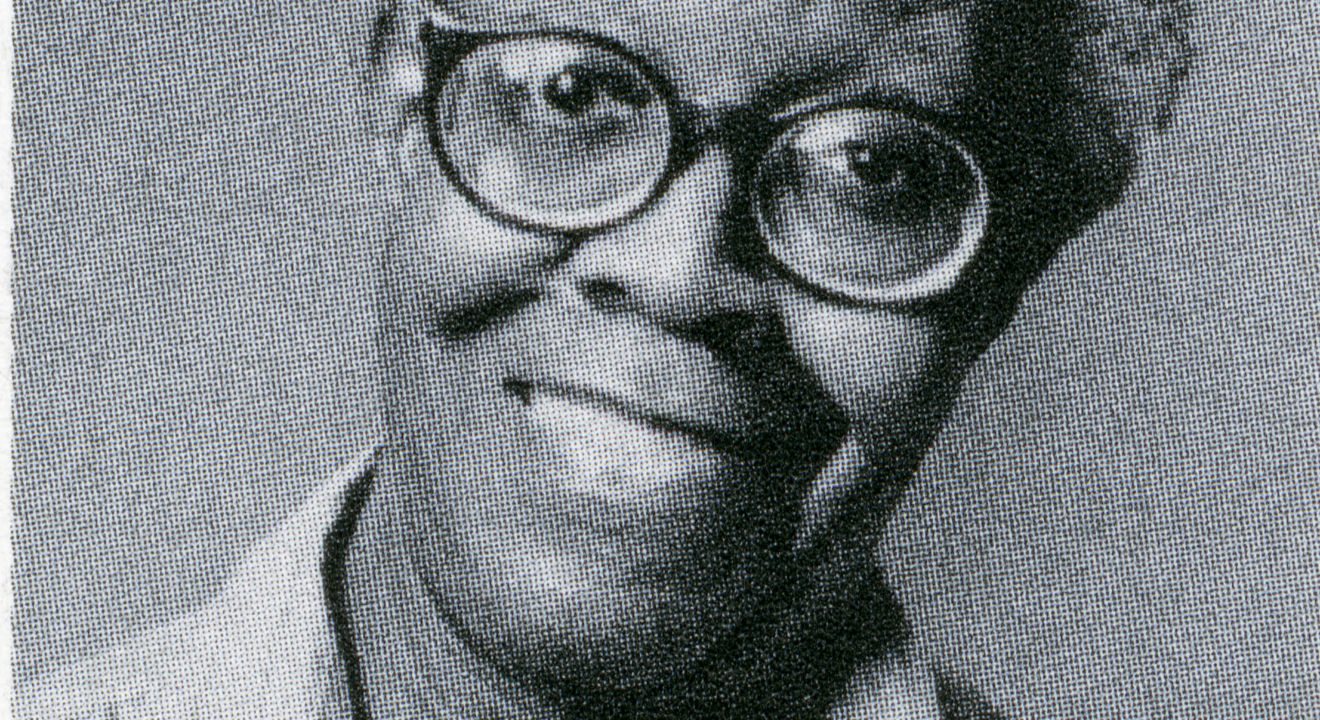Uncategorized March 3, 2017


#1: The House on Mango Street, by Sandra Cisneros
The House on Mango Street is a stunning collection of vignettes that weave together the unique narrative of a young chicana Esperanza who aspires to be a writer. This book explores poverty, chicano culture, and most centrally, the politics of space and the lack of control that Esperanza has over hers. This book is valuable not only for its autobiographical, authentic qualities, but also for its message. It preaches an inherent value in your community—whether destitute or debonair—and shows the love you can express by returning to give back once you make it out.
#2: Blacks, by Gwendolyn Brooks
Blacks is a lengthy anthology of poetry depicting and critiquing the various aspects of the African-American lifestyle in the 20th century. The subject matter generally centers on women. The speakers of the poems navigate trials including abortion, heartbreak, and motherhood. Also, internal successes, such as finding true romantic and friendship love. Blacks is a crucial read for the modern woman because Brooks deftly expresses her darkest pain and most brilliant pleasure in a way that makes you, too, a stronger woman for having read it.
#3: The Plague of Doves, Louise Erdrich
The Plague of Doves is a novel set in the mid-twentieth century on an Ojibwe reservation. The masterfully-penned novel kick-starts with a scene of blood, a crying baby, and a violin that gnarls the roots of the reservation’s history messily forever after. The Plague of Doves oscillates between being a coming of age story, a comedy, a whodunit, a religious critique, and a historical account. As it cycles between being told from the point of view of varying electric reservation personalities, The Plague of Doves serves as an exploration of the meaning of history upon the present, and deserves to be swarmed by attention.
#4: The Triple Package, by Amy Chua and Jed Rubenfield
The Triple Package is a non-fiction book which analyzes the stereotype that some minorities are smarter or more successful. Through an analysis of the cultures of Chinese Americans, Jewish Americans, Indian Americans, Cuban Americans, and Nigerian Americans, the work aims to uncover which commonalities lead to their overall successes. This book is insightful in that it asks readers to question the true positivity of these so-called “good” stereotypes. Through reading this book, readers learn that the model minority stereotype is a truly double-edged sword, and that these stereotypes can prove just as damaging as any other.
#5: I Am Malala, by Malala Yousafzai
I Am Malala is the break-out hit from the pint-sized heroine with an oversized strength, Malala Yousafzai. If you haven’t heard about her yet (which you should have), Yousafzai is a pro-female education activist in Pakistan, where she was shot in the head by the Taliban whilst riding the school bus. Although she is praised worldwide for her education activism, this novel is an important read because it provides insight into one of her other, lesser-known efforts: anti-drone strike activism. Yousafzai, who is now the youngest-ever Nobel prize winner, is so much more than an education activist. Through I Am Malala, Yousafzai makes this abundantly clear.
Sorry, no related posts found.